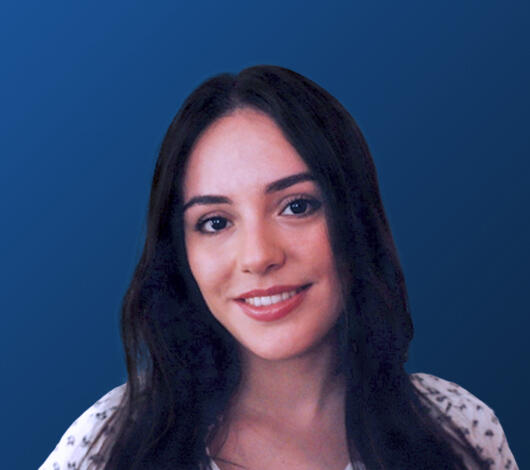##Healthcare and IoT Technologies: the IoMT
IoT technologies applied to the medical field are also known as IoMT: Internet of Medical Things. These are all those devices connected to a healthcare facility or a sector operator via the Internet.
All these devices generate, store, and transmit medical data, which can reach high volumes: the famous Big Data. The high level of precision of the information and the many data usable in real-time revolutionize medicine; AI helps in the race against time, for example by ensuring continuous patient monitoring through specific “bracelets”. Therapeutic treatments and diagnoses are also, and will increasingly be in the future, advantaged by these technologies.
##Types of IoMT Devices
IoMT devices can be wearable (on-body): actual clothing or detection instruments. Those for clinical use in the strict sense, unlike pedometers or smartwatches, must obtain certification from the Health System: their operation and safety are thus further ensured. The category includes biosensors, used to monitor patients’ physiological parameters (blood pressure, glucose, heart rate, etc.) and simultaneously communicate them through the network and the Cloud. It also includes instruments that require an intervention for installation: neurostimulators and pacemakers. The “in-home” devices, on the other hand, are often connected to post-hospitalization and make it possible to monitor the patient at home; their usefulness becomes crucial in the case of chronic diseases and elderly people who need continuous observation (virtual visits).
Other categories of devices deal with hospital organization in all its facets. The goal is to ensure more efficient workflows and, thanks to data analysis, develop more personalized treatments.
Artificial Intelligence thus makes it easier to correlate the activities of various healthcare operators and provide them with essential data and information to act promptly - even remotely.
Among the most recent practical examples is a wearable device for detecting sleep apnea. Apnea is a disorder that affects about 12 million people, just in Italy. It is usually monitored in the hospital through an uncomfortable procedure: polysomnography. Instead, the equipment implemented by researchers discharges a small constant frequency current onto the body. By exploiting the body’s electrical signals and deep learning algorithms, it is possible to detect this sleep disorder with an accuracy of over 73%, in a simple and instant way.
##Added Value and Benefits
The added value that these technologies aim to bring concerns more efficient medical assistance in terms of time, more predictive, and continuous monitoring that allows patients to be followed even remotely, ensuring maximum comfort and safety, perhaps in the comfort of their homes.
Some of the main benefits can be summarized as follows:
more developed prevention: IoMT technologies provide a complete picture of the situation, highlighting any critical issues in advance;
more efficient coordination of healthcare personnel, thanks to real-time access to collected data;
better patient experience, including home care;
reduced healthcare waiting times and costs;
more efficient drug management and therapeutic choices;
24/7 and remote monitoring, thanks to IoT software;
more objective reports on the patient’s current health conditions.
Thanks to the numerous advantages they bring, IoT solutions continue their rise even in the medical field, to reduce times and costs and increase healthcare efficiency.
At Aidia, we develop software solutions based on AI, IoT technologies, Big Data Analytics, and Data Science. Innovative solutions to optimize processes and streamline workflows.
To learn more, contact us or send us an email at info@aidia.it.

Executive & Marketing Assistant at Aidia, graduated in Public and Political Communication Strategies, lover of nature and everything that can be narrated.

At Aidia, we develop AI-based software solutions, NLP solutions, Big Data Analytics, and Data Science. Innovative solutions to optimize processes and streamline workflows. To learn more, contact us or send an email to info@aidia.it.